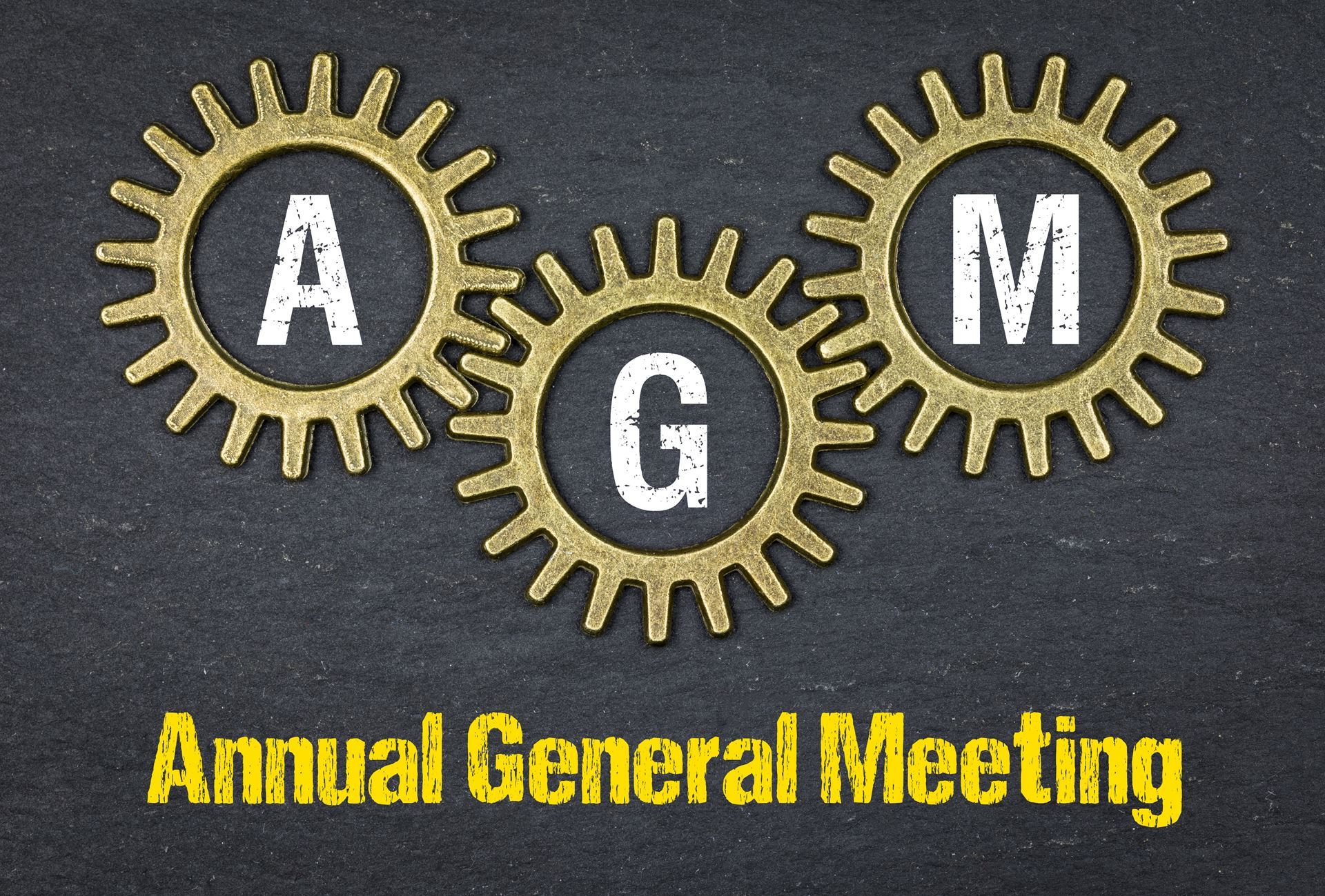|
- HOME
- ACA 2020 AGM Bylaw and Policy Review
By-Law No. 1: A by-law relating generally to the conduct of the affairs of the Association of Canadian Archivists In 2018-2019, the Governance Committee under the leadership of the Vice President began the process of undertaking a detailed review of the ACA's Bylaws. In the fall of 2019, the committee completed this process and sought professional support to complete this process, in particular to make sure that suggested changes and revisions met the requirements set out by the Canada Not-for-Profit Corporations Act. In particular, supporting online elections, implementing ballot measures and ensuring a robust nominations process were key objectives to this work. With the support of a legal team specializing in not-for-profit organizations and modernizing bylaws, the Governance Committee and the Board of Directors have reviewed the proposed By-Law No. 1 and support its adoption. The membership will be asked to approve the new By-Law No. 1 as presented to the membership. In addition to the new By-Law No. 1, the ACA has also prepared a new Nominations and Elections Policy that will supersede several outdated policies. This policy is now available for review. |
FAQs - ACA's Governing By-Laws Why are we making changes to the ACA's Governing By-Laws? The ACA Governance Committee has been focused on review and renewal of the ACA’s bylaw. The new bylaw will accomplish several tasks:
What are significant changes for the membership to consider?
How will the membership vote on the changes to the membership class?
Why does the ACA offer Institutional Memberships?
Why does the ACA want to extend voting privileges to Institutional Members?
How will the ACA manage conflicts of interest between Individual and Institutional Members?
Can a designated representative of an Institutional Member also hold an Individual Membership?
What are the suggested changes for Article I: Interpretation?
What are the suggested changes for Article II: General?
What are the suggested changes for Article III: Membership?
What are the suggested changes for Article IV: Meetings of Members?
What are the suggested changes for Article V: Directors
What are the suggested changes for Article VI: Committees
What are the suggested change for Article VII: Meetings of Directors?
What are the suggested changes for Article VIII: Officers?
What are the suggested changes for Article IX: Description of Offices?
What are the suggested changes for Article X: Conflict of Interest and Confidentiality?
What are the suggested changes for Article XI: Protection of Directors, Officers and Others?
What are the suggested changes for Article XII: Notices?
What are the suggested changes for Article XIII: Dispute Resolution?
What are the suggested changes for Article XIV: Special Resolutions and Voting by Class?
What are the suggested changes for Article XV: By-Law and Effective Date?
|
|
Our Community
| Public Awareness & Advocacy
| Resources
| Submissions
|
Contact Us
Suite 1912-130 Albert Street
Ottawa, Ontario K1P 5G4
Email: aca@archivists.ca
The ACA office is located on the unceded, unsurrendered Territory of the Anishinaabe Algonquin Nation whose presence here reaches back to time immemorial.
Privacy & Confidentiality - Code of Ethics & Professional Conduct
Copyright © 2023 - The Association of Canadian Archivists





